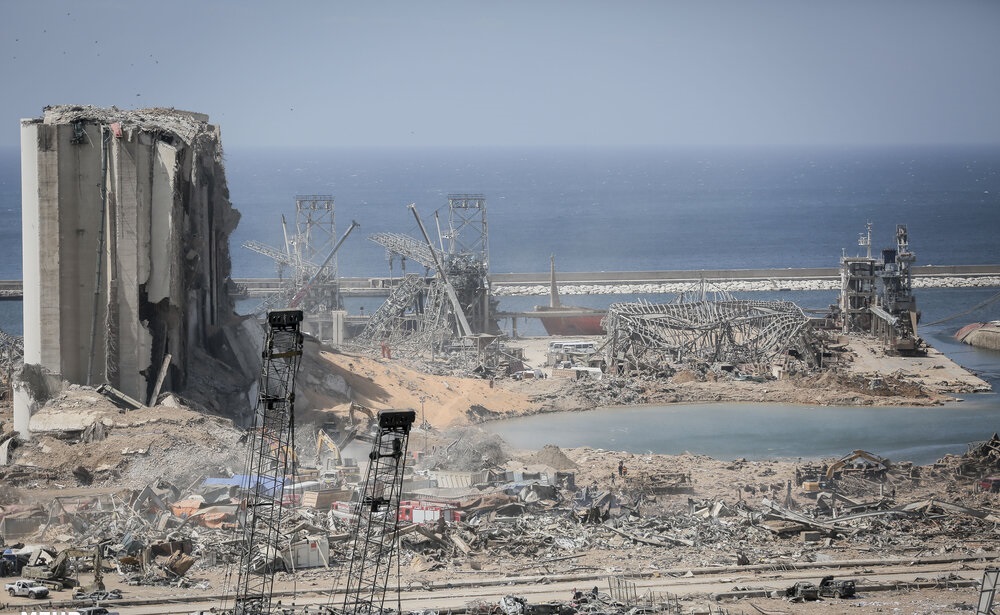The Estonian government has decided to provide €50,000 in support of the operations of the International Federation of Red Cross and Red Crescent Societies in assisting those affected by the tragic explosion in the Lebanese capital, Beirut, on 4 August; the Estonian foreign ministry will donate a further €50,000 in humanitarian aid to UNICEF in support of children affected by the explosion.
“Estonia supports the Lebanese people at this tragic and difficult time,” the Estonian foreign minister, Urmas Reinsalu, said in a statement. “The situation in the country was already fragile prior to the explosion. The prompt and powerful response of the international community has been essential.”
The amount allocated by the government reserve will support the operations of the IFRC in Lebanon, providing those affected by the explosion with medical assistance, shelter, food, clean water, sanitation and opportunities to care for their personal hygiene, the foreign ministry said.
“In order to help cover the acute needs of the children affected by the explosion, the [foreign ministry] is donating €50,000 from its development cooperation and humanitarian aid fund to UNICEF,” it added.
The European Union has contributed €33 million to help cover Lebanon’s emergency needs and has pledged to donate an additional €30 million in support.
The most powerful non-nuclear explosion in history
In the afternoon of 4 August 2020, two explosions occurred at the port of the city of Beirut, the capital of Lebanon. The second explosion was extremely powerful, and caused at least 220 deaths, 6,000 injuries, USD10-15 billion in property damage and left an estimated 300,000 people homeless.
The event was linked to about 2,750 tonnes of ammonium nitrate – equivalent to around 1.2 kilotons of TNT – which had been confiscated by the Lebanese government from the abandoned ship MV Rhosus and then stored in the port without proper safety measures for six years.
The explosion was detected by the United States Geological Survey as a seismic event of magnitude 3.3; was felt in Turkey, Syria, Israel and parts of Europe; and was heard in Cyprus more than 250 km (160 miles) away. It is considered to be one of the most powerful non-nuclear explosions in history.
Cover: Damages after 2020 Beirut explosions. Photo by Mehr News Agency, shared under Creative Commons 4.0 licence.

